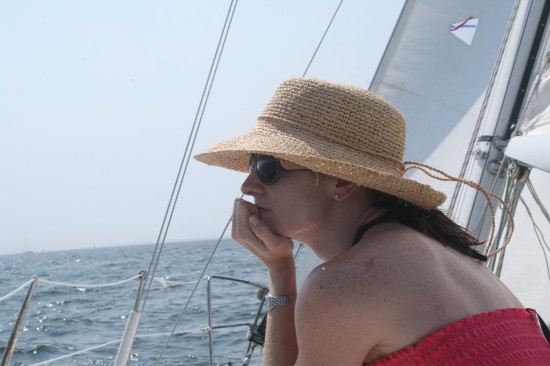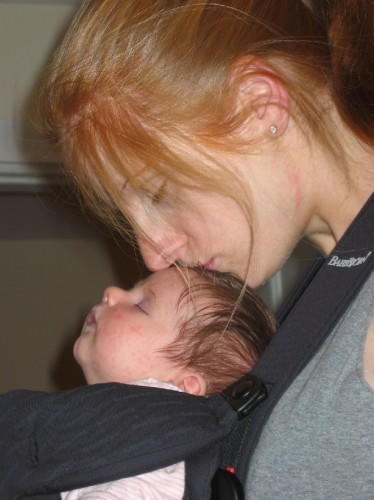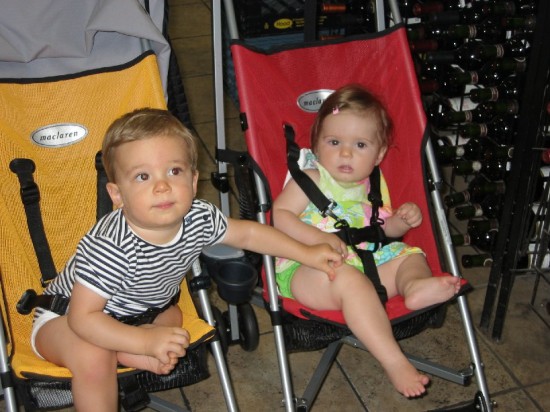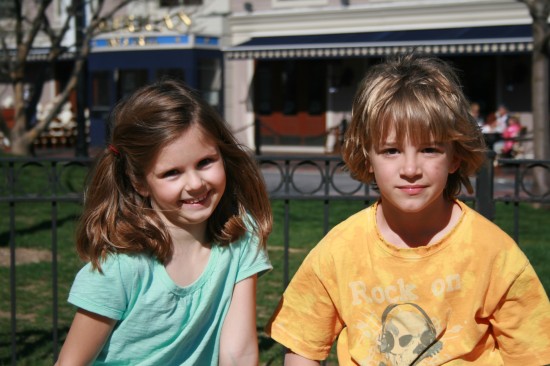I grew up in Paris. I went to French school, learned to read in French, and when we moved home my parents said Hilary and I were mostly playing together in French. Point is, I spoke fluent French. These days? Not so much. I can barely remember any words, and I certainly can’t read it or follow conversation. I’m not one of those people who picks up languages easily. I struggle with them. I’ve been thinking lately, though, about how languages can be understood much more conceptually, much more broadly. Language, really, is a way of communicating, right? That can be more than English, French, Spanish, Mandarin.
On Friday morning I went to yoga for the first time in over a month. I was reminded, again, of how my body can flow through the vinyasa series, no matter how long its been. My body speaks that language, by heart. Some kind of powerful spirit and muscle memory takes over and my body just knows what to do. It’s not easy, of course, and I find that it is always, always my shoulders that give out first. Is this because they are so worn out from carrying the weight of the world or a further example of how they are too weak to do that? I don’t know.
The language that I fell seamlessly into on Friday morning is just one manifestation of the myriad ways the body speaks. I know the language of the physical female body, though I can lose touch with it easily. I’ve written before of that sense of something true deep inside my body, something “soaked in blood, and tears, and milk,” something that is one way that intuition expresses itself. This is the language that whispered in my ear through Grace’s long, difficult unmedicated labor. It is a deep dialogue between my soul and my body, some message about truth that beats alongside my heart. I speak it, and though I don’t understand it fully I suspect that this language exists beyond the realm of conventional “understanding.”
Another language that operates on the far side of logic is poetry. I speak this language too, where words can be untethered from their ties to the traditional sentence, out past the border of rational thought. Sometimes when I read poetry my heart soars in a way it never does otherwise. The words of Mary Oliver, Jane Kenyon, Sharon Olds, and my thesis poets, Anne Sexton, Maxine Kumin, and Adrienne Rich have all done this. Poetry can skirt around my brain and access my spirit directly. I appreciate this, especially because of all the ways that my head gets in my heart’s way
There are many languages I don’t speak. We’ve covered that I am lousy at traditional foreign languages. I also can’t read music. I’m tone deaf, and music was always something I was terrible at. I remember in grade school trying desperately to figure out how to interpret those little black ovals riding up and down the pleasantly symmetrical horizontal lines, but I just couldn’t and still can’t.
I can’t read financial statements. This makes me a truly pathetic MBA, but there you go. I truly cannot understand what the line items on a balance sheet or income statement are, and I recently embarrassed myself mightily by confessing that I thought “credit” was the opposite of “debt” – in fact apparently they are the same thing. So a credit fund is a debt fund. Which is bonds. Hmm. Who knew. (Who cares?) You learn something new every day!
On the whole I’m pleased with the languages I do speak, and comfortable with those I do not. For someone as concrete and dogmatic as I sometimes can be, it is heartening to note that I am more fluent in the more abstract, soulful languages of the body and poetry than I am in the specific languages of finance and music. The black symbols on the white page may escape me, but the more colorful, more diffuse expressions speak to me. In truth, this distinction surprises me, and I embrace it.




